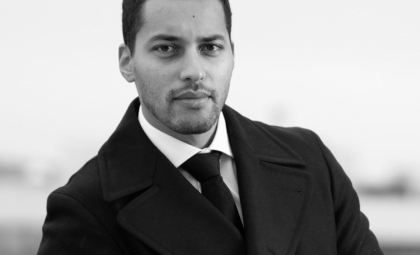

The Power of Making Decisions
Knowing that even Shakespeare himself had difficulties when trying to resolve his famous dilemma-to be or not to be, makes it more bearable for the rest of us when it comes to making decisions.
We’re constantly trying to figure out how to make decisions that serve us well each and every day. Usually it tends to be a long process of changing habits and stripping away the layers of our old familiar feelings that actually lull us into the false sense of security.
But we have to start from somewhere.
First of all, I’m not fully convinced that most people know what they want. It’s more likely that people maybe know whose life or job they like, which doesn’t necessarily mean they will act upon that ambition or wish. There is a world of difference between these two.
The great majority will opt for excuses that will only support their delusional beliefs. Others will make up the worst scenarios of what-ifs without even taking the first step. Only the very few will pluck up the courage and see the possibilities in the places where others see only difficulties.
As for me, I see a decision-making process as a challenge, which I personally like. Making different choices is an important part of self-growth and once I make a decision I like to put it into practice and make it work. What differentiates my point of view in making choices is that my focus is on what I can get by changing something, while others usually tend to focus only on what they might lose.
But, if we’re talking about making decisions where I am not in the position of a single-minded individual but a leader, it takes it to completely another level. The responsibility is huge and it requires much more than a certain skill set.
Leadership is a matter of choice. My standpoint here is that good leaders always place themselves in a position to create options, not to limit them. They have a clear understanding of who they are, what they value, and what they will or won’t compromise. When coworkers experience this in practice there’s no need to convince or persuade them into doing anything. Trust is essential and setting a personal example can help them realize you actually live by your words. Therefore, I don’t ask from my colleagues anything that I am unwilling to provide myself.
An interesting question when making decisions is what to listen - your logic or intuition? Selecting between these two opposing forces isn’t quite as straightforward as it may seem, because no one is entirely logical or emotional all the time. There’s nothing wrong with intuition or emotions -it’s just they are not enough sometimes. We need to shift them to something more tangible – to translate them into behaviour and then into a definite strategy. Holding only onto the intuition puts us into the passenger seat, by taking action we take control and move to the driver’s seat.
Fortunately not all decisions are life or death. What is more significant is to learn that making no decision is also a decision.








